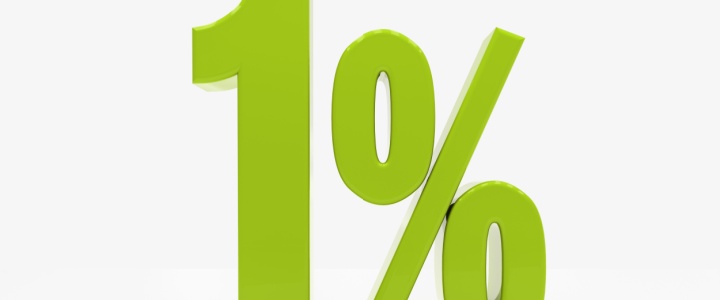This 4-8 November marks International Stress Awareness Week. This year’s theme is “Campaigning to reduce stress and improve wellbeing”.
From getting out into nature and creating a peaceful Eden at home to making use of the latest tech, there are plenty of ways to lower the stress you feel.
Here are just three of them.
1. Master the art of “friluftsliv” this winter
“Friluftsliv” is a Norwegian concept that translates as “open-air living”. A celebration of the great outdoors, it encourages time spent in nature and can be especially rewarding at this time of year.
We know that green space is calming, while meditation and mindfulness are incredibly useful tools for de-stressing. Combine the two and enjoy relaxing fresh air and exercise.
Begin with a simple walk through a local park or woodland. Turn off your phone and allow yourself to be at one with the outdoors. Listen to the crunch of leaves under your feet and the whistle of wind through the trees. Think about the animals you can hear and concentrate on the sound of your own breathing.
As a Norwegian concept, friluftsliv isn’t concerned with fair weather, rather it is about being prepared. So wrap up warm, put on your hiking boots, and embrace the elements this autumn and winter.
2. Use Japanese design principles to create a calm and stress-free environment
Once you return from the great outdoors, you’ll want to relax in a calm and soothing environment. Japanese design principles can help here.
Shizen, for example, is a Japanese design style that roughly translates as “to be natural”. It encourages bringing nature and the outside world into your indoor spaces.
As part of this concept, you should eschew anything artificial and opt instead for natural elements. This might mean greens and browns on the walls, wooden furniture and shelves, or natural light and greenery in the form of houseplants and flowers.
Kanso, meanwhile, favours a less-is-more aesthetic. That means muted colours, clean lines, and minimal clutter.
A tranquil, clean space can help to declutter your mind too, giving your mind and body the space to relax.
Finally, there’s wabi-sabi. While “wabi” translates as rural simplicity, “sabi” relates to the beauty that comes with age. Together, wabi-sabi involves “finding beauty in imperfection”, an incredibly helpful mindset when you’re looking to unwind and de-stress.
Reuse and recycle rather than throw away, taking joy in those items that have stories to tell. Whether that’s a dent in a sideboard or a chunk out of a corner cabinet, find a way to be at one with – and even enjoy – these imperfections. Doing so could have a lasting influence on all areas of your life.
3. Embrace technology to make your life easier
While embracing nature and simplicity will get you so far, in the modern age, you can be forgiven for turning to tech too.
Here are some apps and products that might help you to reduce stress this Stress Awareness Week:
Todoist or Habitica
These apps are great for making digital to-do lists, helping you stay on top of your daily tasks while providing the satisfaction of ticking items off your list.
Once you’ve added items to your app, your brain is free to get on with the rest of your day, without the constant worry of individual chores. This sense of control provides peace of mind and a carefully constructed list, packed with small, manageable tasks, allows for regular small wins without the stress of a missed deadline or a failed task.
Calm and Headspace
There are plenty of meditation and mindfulness apps on the market, but two in particular continue to stand out from the crowd.
Calm uses soundscapes, stories, and meditation to help you relax and fall asleep. You’ll even find celebrity input from the likes of Anna Kendrick, Matthew McConaughey, and Stephen Fry. During the day, self-help masterclasses and bitesize meditations keep you centred and stress-free when modern life threatens to become overwhelming.
Headspace, meanwhile, continues to dominate the mindfulness arena with more than 100 million users across 20 countries.
Novice guides and meditations are perfect for fitting around your busy day. There’s also the other functionality you’d expect, including guided meditations, exercises, bedtime stories and relaxing sounds.
A SAD alarm clock
While there are plenty of apps on the market that promise to send you to sleep and wake you up in a calm and restful way, you might look beyond apps too.
A SAD alarm clock can help to mimic sunrise and sunset, allowing you to keep your sleep routine whatever the time of year. This can help you to relax into a gentle sleep each evening and avoid the rude awakening of a morning alarm.
The right amount of good quality sleep is vital for your physical and mental health, so the right alarm clock could be the perfect investment.








 Production
Production